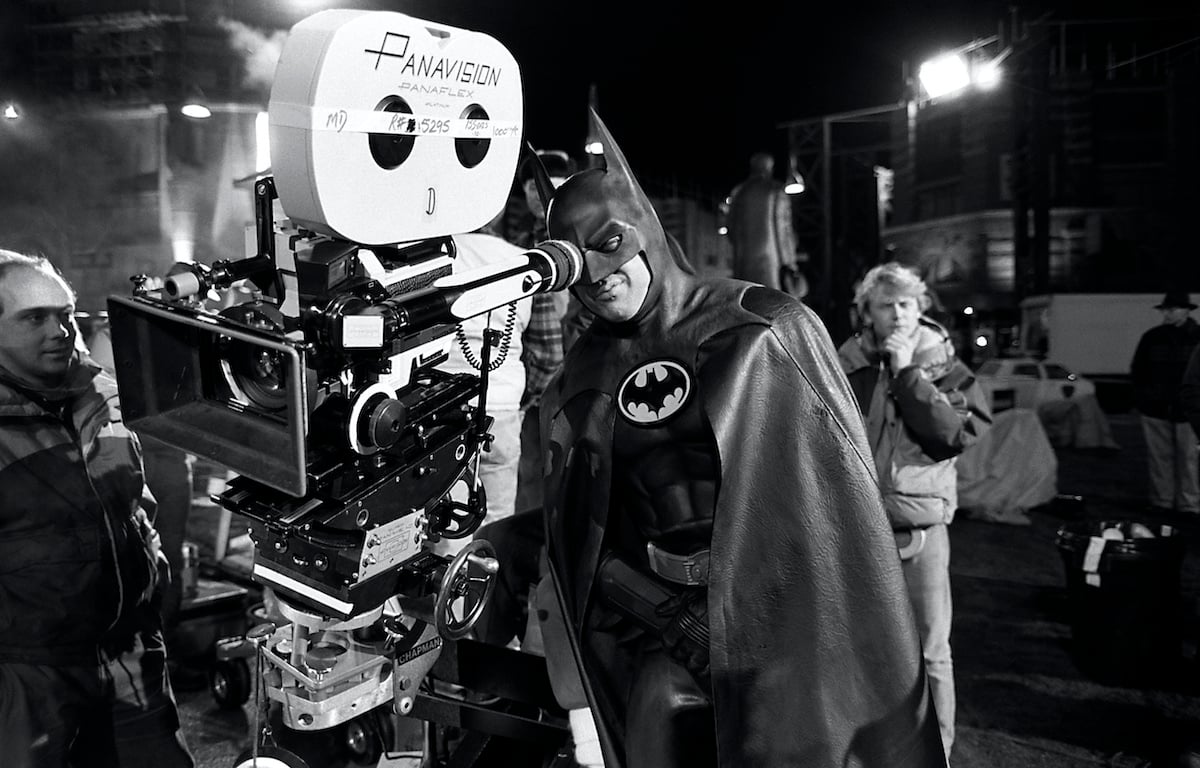Marvel and DC Are Finally Learning Why Superhero Reboots Are a Bad Idea
Superhero reboots have become insanely commonplace these days. And in some instances, they effectively renew interest in a given hero. In other instances, audiences wind up with something like 2019’s already-forgotten Hellboy reboot. Now the Marvel Cinematic Universe and DC Extended Universe could be shifting away from superhero reboots altogether.

The MCU and DCEU might both be incorporating older franchises
Back in the day, the conventional wisdom was that you could only have one prominent version of a superhero out there at once. Otherwise, a company would risk either confusing audiences or oversaturating the market. It’s why characters like Batman and Wonder Woman never showed up on Smallville, for instance.
But now it’s a brave new world. DC has several versions of its heroes out there, including more than one Batman coming to the big screen. Moreover, the “Crisis on Infinite Earths” event on The CW tied countless TV and film versions of DC heroes together for the very first time. Now Michael Keaton could even be returning as Batman for the first time since 1992.
Marvel too has shown signs of embracing its past. The MCU is about to introduce the multiverse in Phase 4. And that approach could easily lead to efforts at bringing past Spider-Man and X-Men movies into the canon. The 2018 animated movie Spider-Man: Into the Spider-Verse has even given the live-action side a template it can work with going forward.
Superhero reboots limit creativity, risk alienating fans
Both Marvel and DC characters have been adapted many times. And because of that, any reboots ultimately have to live up to not only the source material but also previous versions. Although this might seem like a chance to start fresh, that rarely turns out to be the case. Certainly, it holds back more well-known characters like Spider-Man and Batman.
Every time a hero is rebooted, the new version has to tiptoe around the characters, plotlines, and aesthetics of the previous interpretation. Yet, every Batman eventually needs his Joker. Every Spider-Man needs an MJ. So audiences wind up with several different versions of the same mythos, all of which are remixing the same elements.
This approach provides an increasingly limited route forward. Superhero movies clearly aren’t going anywhere. So Marvel and DC appear to be unifying all past efforts to eliminate the necessity for additional superhero reboots. As fans of the genre know, one can only see the death of Thomas and Martha Wayne so many times.
Instead, superhero movies could model the James Bond approach
The MCU’s Spider-Man (Tom Holland), for example, has barely managed to avoid retreading what the previous five non-canon movies covered. Because of that, Marvel Studios largely took the character out of New York. And instead of introducing Uncle Ben, Harry Osborn, and Gwen Stacy, the focus is on Peter Parker’s bond with Tony Stark (Robert Downey Jr.).
So if not turning to superhero reboots, what’s a franchise to do? Look to the James Bond series. For more than 50 years, that franchise has persisted largely by simply recasting and moving on. Rather than hitting reset on everyone’s favorite characters every decade or so, the MCU and DCEU could bring in new actors when necessary and continue building.
Thus far, the MCU looks to be heading in this direction. After all, Phase 4 will introduce fresh variations on Hulk, Hawkeye, Captain America, and Thor, among other brand-new heroes. And if both Marvel and DC find a way to tie in their respective on-screen paths, fans could be witnessing a major turning point for superhero storytelling.


